Mental health counseling is a popular field for those who are interested in helping others overcome difficult life situations, emotional problems, and developmental issues. But for aspiring counselors and psychologists, figuring out exactly what they want to do with their bachelor’s degree or master’s degree can be the most difficult aspect of launching their career. If you are an aspiring professional in the field of psychology and you have yet to establish the foundation for your career goals, here are some ideas for what you can do with your psychology degree.

Careers in Psychology
1. Developing or Joining Your Own Private Practice (Counseling or Psychotherapy)
The most obvious career choice for those who are obtaining their psychology degree is to work with patients in a one-on-one setting as a mental health counselor. That said, who you work with will depend entirely on what you choose to do with your degree. For example, those interested in working in practices may choose to become:
- A Professional Counselor: Counselors typically specialize in cognitive behavioral therapy and other forms of talk therapy, working with patients to help identify behavior problems, work through their issues, and arm them with a variety of coping mechanisms that they can use to recover and lead a better quality of life.
- A Psychologist: Psychologists, while similar to a counselor, may employ talk therapy or other forms of psychotherapy (such as drama therapy, Hypno-psychotherapy, or experiential therapy) to help patients work through their issues.
- A Psychiatrist: Psychiatrists, unlike the previous career paths, are trained medical doctors and focus on developing a treatment plan with patients as they have the ability to prescribe medication and assess how it impacts them. Psychiatry is often more of a medical experience than one that requires the social skills needed by the professionals above.
It’s important to remember that there are many different areas of therapy to specialize in. Whether you are interested in family therapy, child psychology, and child development, or play therapy, you are sure to find an area of psychology that you are interested in. Keep in mind, though, that you are often going to need years of experience and a Ph.d. in order to land these kinds of jobs.
2. Starting a Career in Social Work
Those who are interested in becoming a child psychologist, but who want to have a more hands-on experience, may find greater value in a career path involving social work. Child psychology will often focus on identifying emotional disabilities and mood disorders, developmental disabilities or developmental delays like autism and ADHD, attachment issues, and social problems with children and working with both them and their families to identify the proper solution. You may also have some family counseling experience under your belt and an interest in social psychology. Still, it’s important to keep in mind that you will be put in a variety of settings that could have an impact on your own mental health. Make sure that you are prepared to work with young children and toddlers in this capacity before you pursue social work.
3. Helping Patients With Substance Abuse Issues at Rehabilitation Centers
If the above career paths don’t interest you, you may be more interested in degree programs that allow you to become a rehabilitation counselor. Working in the field of rehabilitation will give you the opportunity to work with many types of patients who struggle with drugs, alcohol, and other addictive substances. Additionally, you’ll have the ability to work in inpatient and outpatient programs to help individuals overcome their addictions. You can also obtain this work easily with an online rehabilitation psychology degree.
While certain factors like qualifications, average salary, years of experience, and accreditation will need to be considered when seeking out your desired position, figuring out exactly what you can do with your degree is a great starting point. If you are pursuing your psychology degree, use the ideas above to start mapping out your future career path.





